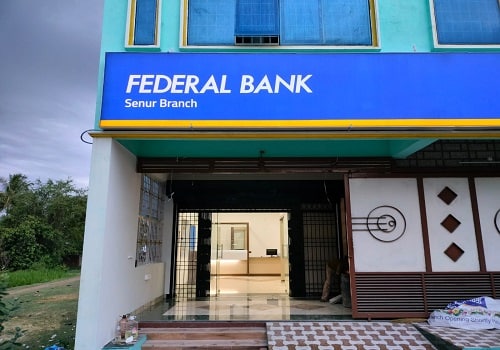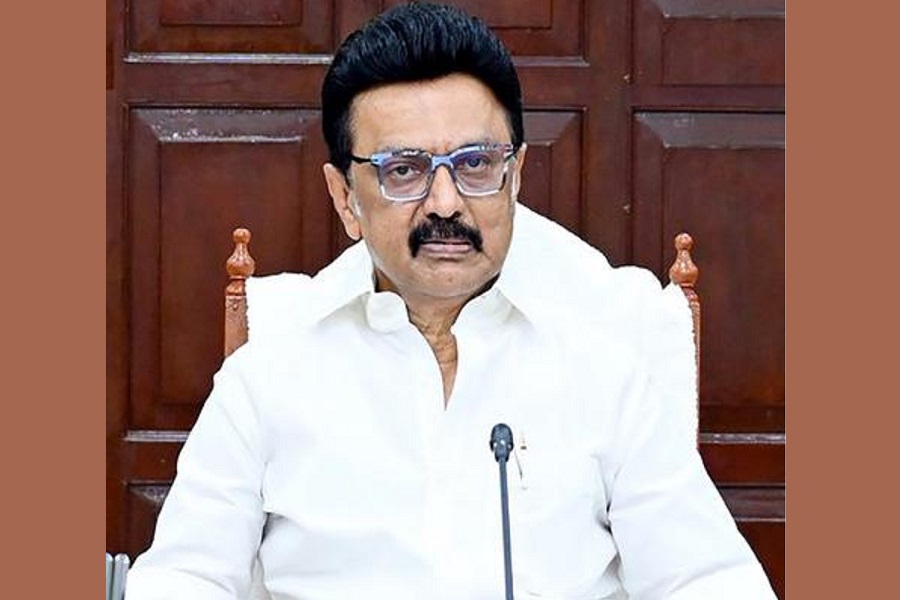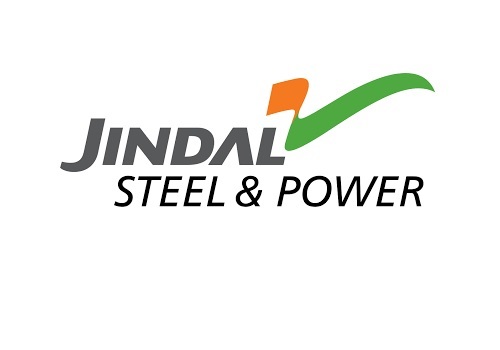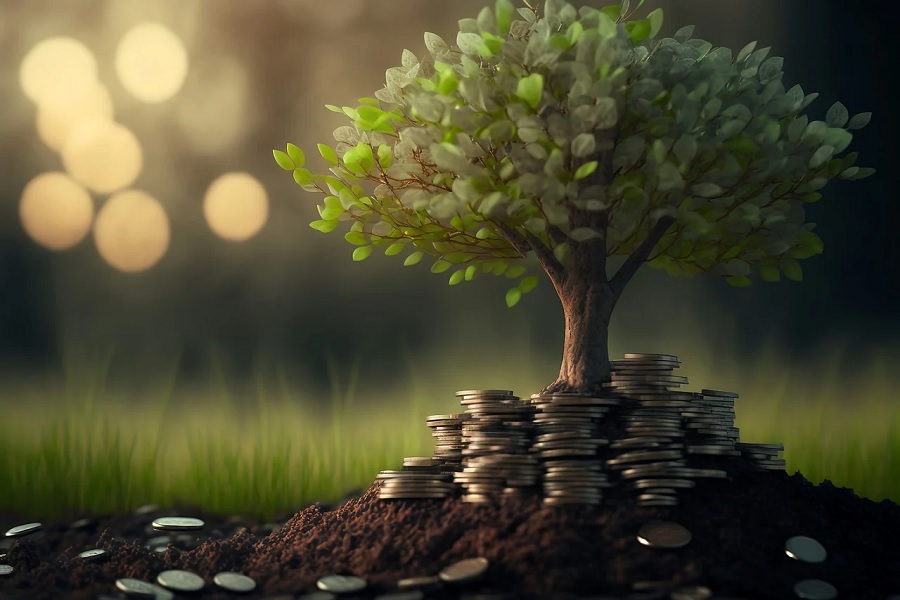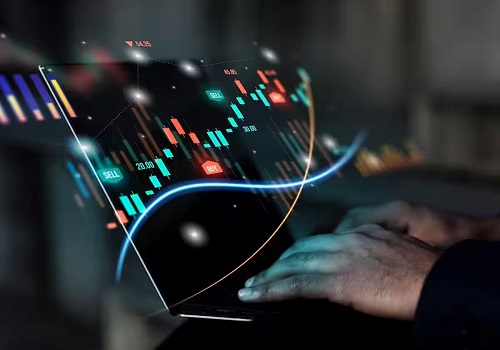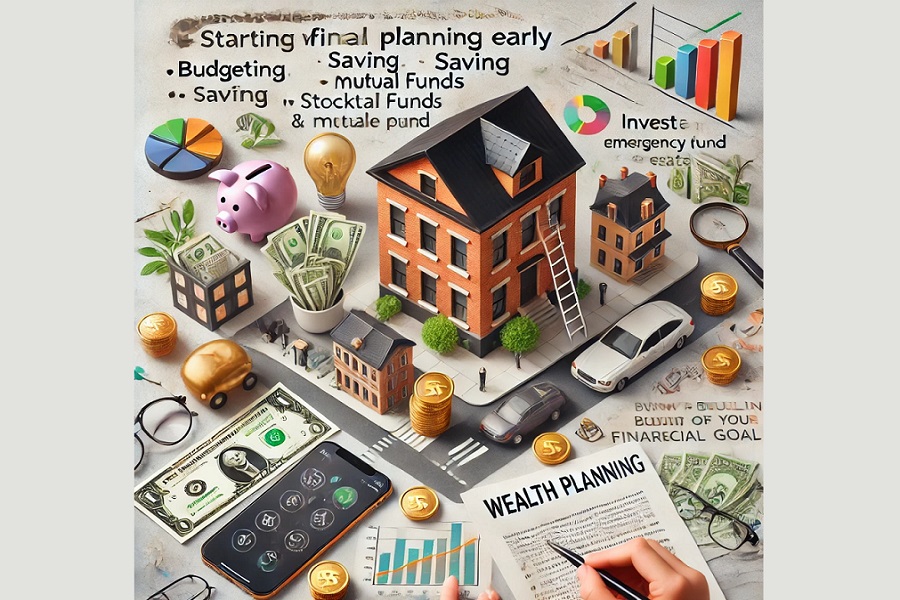The New Rules of Wealth in 2025: Smart Investing in a Changing Economy
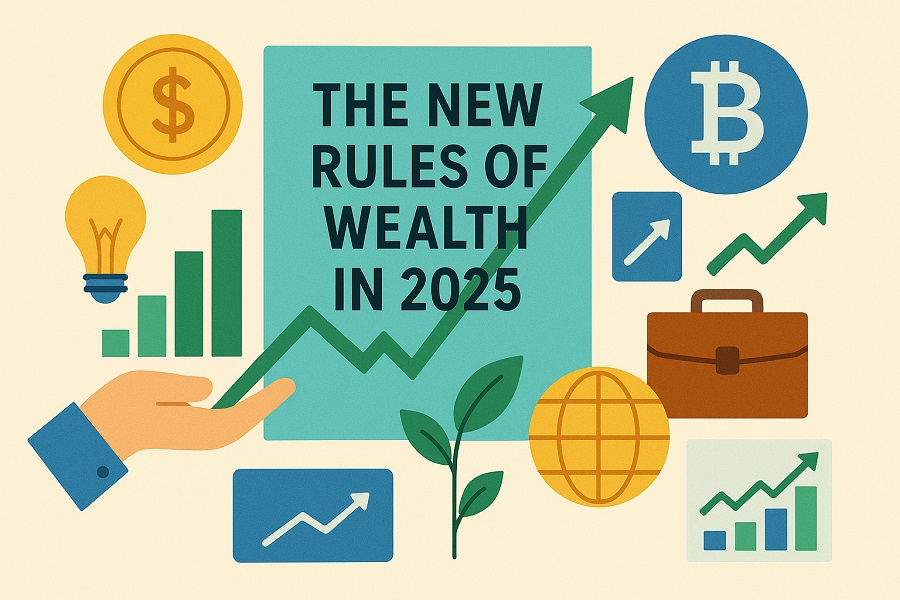
The global economy of 2025 looks vastly different from what it was just a few years ago. Rapid technological innovation, evolving financial markets, geopolitical realignments, and shifting consumer priorities are reshaping the rules of wealth creation. Investors who once relied on conventional wisdom—like real estate or gold—are now being challenged to think differently. In this new era, building and preserving wealth requires adaptability, diversification, and a deep understanding of macroeconomic trends.
1. The Rise of Intelligent Diversification
The old adage “don’t put all your eggs in one basket” has taken on a new meaning in 2025. While diversification remains key, intelligent diversification now focuses on spreading investments across asset classes, geographies, and themes. Investors are blending traditional assets like equities and bonds with alternative investments such as private equity, digital assets, green infrastructure, and REITs. The goal is not just risk mitigation but achieving long-term, inflation-beating returns in an unpredictable economy.
2. Technology as the New Wealth Engine
Artificial intelligence, blockchain, and automation are not just buzzwords—they are wealth multipliers. Investors who understand these technologies’ potential are gaining a strong edge. The surge in AI-driven startups, blockchain-based financial services, and clean tech ventures is creating opportunities previously reserved for venture capitalists. In 2025, technology is not merely a sector—it’s the backbone of global wealth creation.
3. The Green Revolution and Sustainable Investing
ESG (Environmental, Social, and Governance) principles have evolved from ethical choice to economic necessity. Governments worldwide are tightening climate policies, and businesses are integrating sustainability into their core models. Investors are increasingly looking toward renewable energy projects, carbon credit markets, and sustainable agriculture. The green revolution is no longer a trend—it’s the future of long-term wealth.
4. Personal Finance Goes High-Tech
The financial landscape is now powered by fintech innovation. From robo-advisors and decentralized finance (DeFi) to AI-based budgeting tools, individuals can manage portfolios with the same precision as large institutions. In 2025, smart investors leverage data analytics to predict trends, optimize risk exposure, and enhance returns—bringing a level of personalization and control unseen in previous decades.
5. The Return of Real Assets
Despite the digital transformation, tangible assets like real estate, commodities, and infrastructure remain strong wealth pillars. However, the approach has shifted. Instead of speculative buying, investors are prioritizing income-generating real estate, logistics hubs, and infrastructure linked to digital connectivity and renewable energy. These assets offer both stability and protection against market volatility.
6. Inflation, Interest Rates, and Adaptability
As global economies continue to recalibrate after years of high inflation and rate adjustments, the focus has moved from timing the market to adapting to economic cycles. Smart investors in 2025 balance growth and safety—holding both high-yield opportunities and defensive assets like sovereign bonds and gold ETFs. Adaptability, not aggression, defines the new investor mindset.
7. Knowledge and Agility as the Ultimate Assets
In a rapidly evolving world, information is wealth. Continuous learning—about macroeconomics, digital finance, and market psychology—has become as vital as the investments themselves. Those who can pivot strategies quickly, read global trends, and integrate new tools into their financial plans will be the wealth leaders of the decade.
Conclusion: Wealth in the Age of Uncertainty
The new rules of wealth in 2025 emphasize strategy over speculation, resilience over risk-taking, and sustainability over short-term gain. As the economy transforms, smart investing means staying informed, embracing innovation, and maintaining a diversified yet agile approach. The investors who thrive will be those who understand that wealth today is not just measured in money—but in adaptability, foresight, and financial intelligence.






